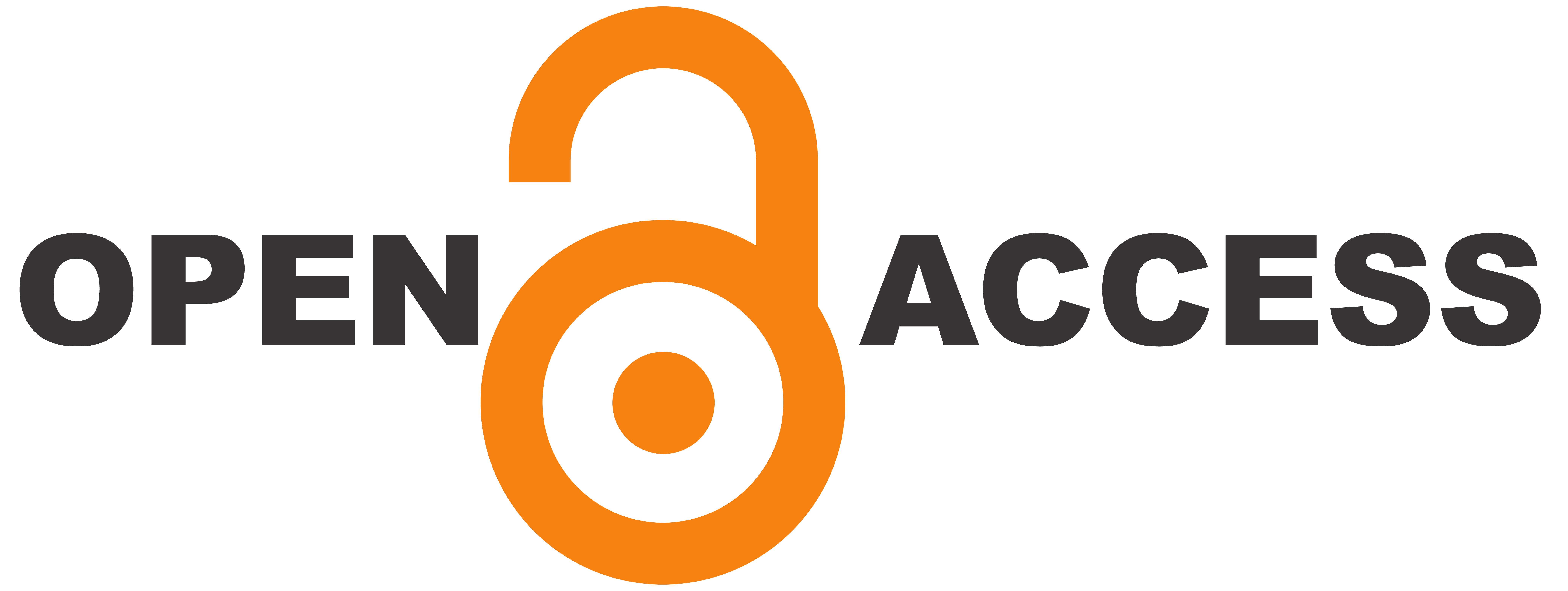Design of Electronic Load Controllers of Induction Generators used in Micro Hydro Power Schemes
Abstract
This paper describes the use of Electronic Load Controller on micro hydro power scheme in which no separate penstock is required to control the speed of the flow of water. The Electronic Load Controllers (ELC) is an electronic device in which the output of the generator can be maintained constant instead of changing or fluctuating user loads. The ELC maintains a constant generator output by introducing a separate load called ballast load which absorbs the load required by the consumer. This paper also explains and demonstrate a simulation model of an ELC.
Keywords
Full Text:
PDFReferences
S. Singh and A. N. Tiwari, “Voltage and Frequency Controller for Self Excited Induction Generator in Micro Hydro Power Plant: Review”, International Journal of Advanced Research in Electronics and Communication Engineering (IJARECE), Vol. 2, Issue 2, February 2013, pp. 214-219. Retrieved from http://ijarece.org/wp-content/uploads/2013/08/IJARECE-VOL-2-ISSUE-2-214-219.pdf
D. Shrestha, A. B. Rajbanshi, K. Shrestha and I. Tamrakar, “Advance Electronic Load Controller for Micro Hydro Power Plant”, Journal of Energy and Power Engineering, Vol. 8, Issue 10, 2014, pp. 1802-1810. Retrieved from http://flipkarma.com/media_dir/main_documents/18-JEPE14011101.pdf
C. Nagpal, R. Basheer, A. Thomas, R. Daniel and I. Yousuf, “Analysis and Design of Electronic Load Controllers used in micro hydro power systems”, International Journal of Emerging Technology and Advanced Engineering, Vol. 4, Special Issue 2, February 2014, pp. 26-31. Retrieved from https://ijetae.com/files/ICITSEM14/IJETAE_ICITSEM_2014_05.pdf
P. Kapoor, L. Phunchok, S. Kumar and O. P. Rahi, “Frequency Control Of Micro Hydro Power Plant Using Electronic Load Controller”, International Journal of Engineering Research and Apllications (IJERA), Vol. 2, Issue 4, June-July 2012, pp.733-737. Retrieved from http://www.ijera.com/papers/Vol2_issue4/DN24733737.pdf
A. Yadav and A. Appan, “Electronic Load Controllers as a Modern Mechanism: A Review”, International Journal of Emerging Technology and Advanced Engineering, Vol. 5, Issue 6, June 2015, pp. 218-225. Retrieved from http://www.ijetae.com/files/Volume5Issue6/IJETAE_0615_40.pdf
V. S. Bisht, Y. R. Sood, N. Kushwaha and Suryakant, “Review On Electronic Load Controller”, International Journal of Scientific Engineering and Technology, Vol. 1, Issue 2 pp. 93-102, 2012. Retrieved from http://www.ijset.com/publication/v1/023.pdf
A. Jose and P. Jayaprakash, “Power Electronic Control Used in Small Hydro Power System” International Journal of Electrical Engineering and Technology (IJEET), Vol. 5, Issue 12, December 2014, pp. 76-83. Retrieved from https://goo.gl/khbGpA
Copyright (c) 2019 Author and Journal (AJEEE)

This work is licensed under a Creative Commons Attribution 4.0 International License.
Call for Paper for the upcoming issue
The journal welcomes publications of high-quality research papers, review papers, white papers, conference papers, etc. on theoretical developments and practical applications in the domain of Electrical and Electronics and its allied sciences.
Authors are solicited to contribute to the journal by submitting articles that illustrate original research works, short communications and review articles in the thrust areas of the journal as mentioned on the About page.
- The downloadable Template and the Online submission link are available on the PAPER SUBMISSION page.
ADBU Journal of Electrical and Electronics Engineering (AJEEE) - ISSN: 2582-0257 is an International peer-reviewed Open-Access Online journal in the English language that publishes scientific articles which contribute new novel experimentation and theoretical work in all areas of Electrical and Electronics Engineering and its applications. |
* The views, interpretations and opinions expressed in the articles are those of the author(s) and should not be considered to reflect the opinions of the Editorial Board of this journal- AJEEE.
 |




